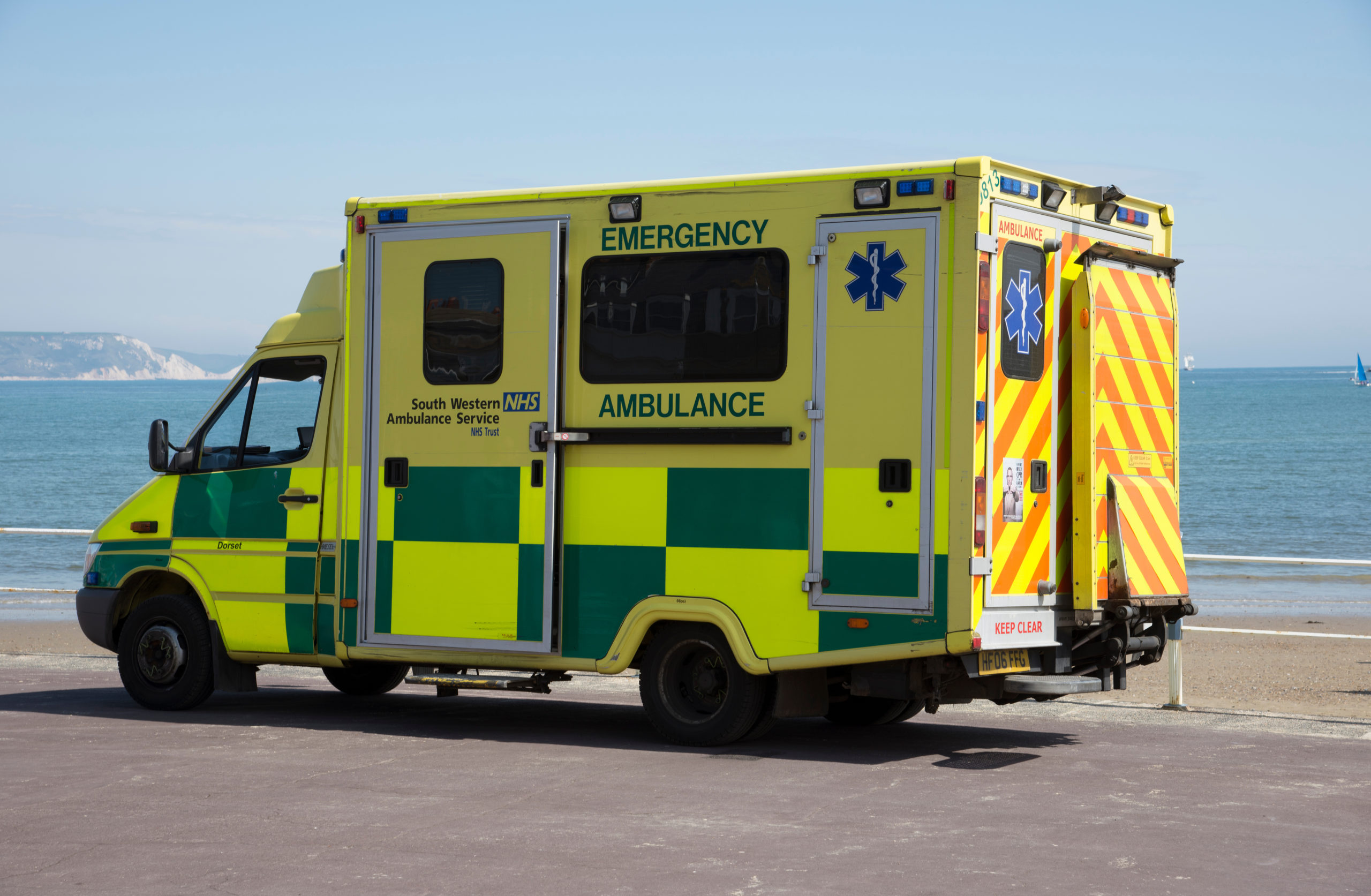latest
New NHS mental health ambulances to provide specialised care
New funding will also be used to provide crisis cafes and houses for people in urgent need of mental health help
“It’s clear more must be done to reach people as early and as quickly as possible. The concept of tailored emergency care is positive, and we’re pleased to see the investment of 100 new specialist mental health ambulances, staffed by both physical and mental healthcare professionals.” Dr Adrian James, president of the Royal College of Psychiatrists
The NHS in England is to provide up to 100 specialist mental health ambulances with dimmable lights to provide more specialised care.
The measure is part of a government package of £150m to enable the NHS to offer better support to people experiencing mental health crises. As well as the ambulances, the services will include more crisis services and improved health-based places of safety.
The new mental health ambulances, which will receive £7m of the total funding, are expected to be smaller and more discreet than conventional ambulances, which have a bright yellow interior that can be overwhelming for people who are mentally unwell. Although the new ambulances will have blue light capabilities, they are designed to attract less attention once at the scene of an incident. The ambulances will take specialist staff directly to patients to deliver support at the scene or transfer them to the most appropriate place for care.
A successful pilot launched in Hull in 2021 was staffed by a crew of paramedics with enhanced mental health training. The silver van was a Ford, did not have “ambulance” written on it and had a logo on the bonnet and doors.
The ambulances have been developed by police and medical experts working together to offer more specialised care and provide a space where patients are safe and less likely to deteriorate. Currently, a 999 call for a someone experiencing a mental health crisis will result in a normal ambulance being dispatched. Police may also be sent out if it is believed the person is a threat to themselves or others.
New crisis cafes and crisis houses
The money will also be used to fund 150 new projects focused on providing a mental health crisis response and urgent mental health care. They include more than 30 schemes providing crisis cafes, crisis houses and other similar safe spaces, as well as over 20 new or improved safe spaces for people detained by the police. There will also be improvements to NHS 111 and crisis phone lines.
Making the announcement, the government said that patients presenting with mental health problems are twice as likely to spend 12 hours or more in emergency departments than other patients. While some of these patients will be in A&E for urgent medical care, the government says they could be better treated elsewhere.
Steve Barclay, the health and social care secretary, said that the dedicated facilities would make sure that people experiencing a mental health crisis would “receive the care they need in an appropriate way, whilst freeing up staff availability including within A&E departments.”
The new funding was welcomed by Dr Adrian James, president of the Royal College of Psychiatrists, who said: “It’s clear more must be done to reach people as early and as quickly as possible. The concept of tailored emergency care is positive, and we’re pleased to see the investment of 100 new specialist mental health ambulances, staffed by both physical and mental healthcare professionals.”
He added: “This will go some way in easing system pressures. However, we must remember that times are hard for everyone, with the cost-of-living crisis adding to this, demand for mental health services will continue to rise.”
FCC Insight
It’s encouraging to see the government willing to take a more innovative approach to helping people experiencing mental health crises from initial contact to places of safety. We must also be aware of potential unintended consequences – for example, having a more discreet vehicle to attend an incident may in fact bring more attention to the mental health problem a patient faces, giving them less privacy and creating greater stigmatisation.
Too often people experiencing a crisis wait long hours in A&E, which can lead to worsening of their mental health as well as increasing pressure on over-stretched emergency staff. Providing dedicated teams of mental health professionals who can go out to offer immediate support to those in crisis should lead to better outcomes and ease some of that pressure. The increased availability of crisis cafes and houses will also offer a safer environment for people in urgent need of support. Given the recent rise in people with mental health problems, this is a relatively small amount of money but it represents a positive change.
